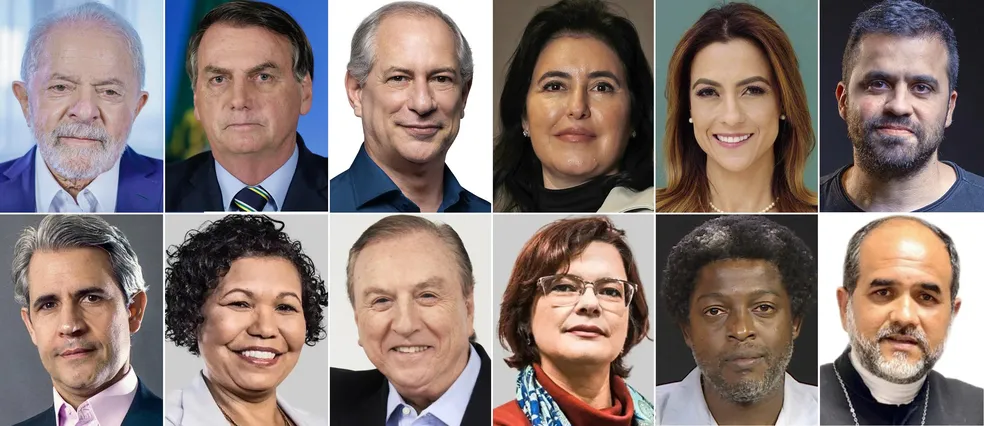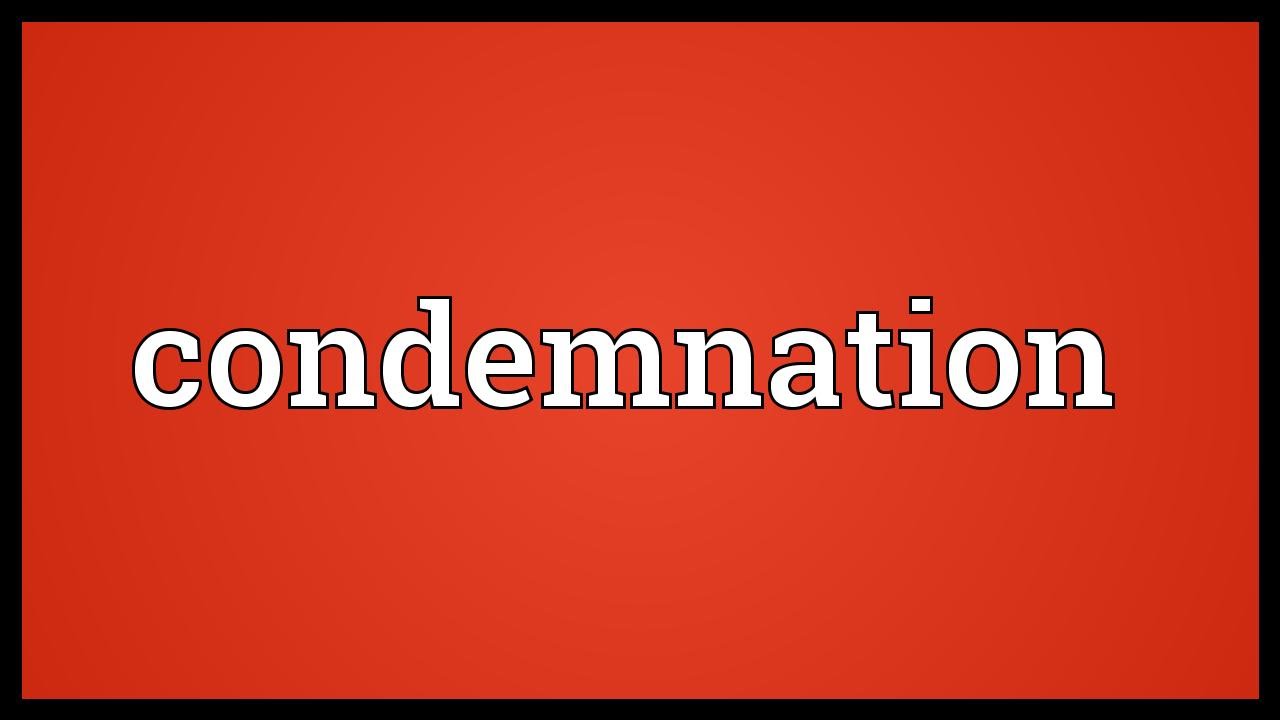By Francisco Gomes Júnior – President of ADDP (Association for the Defense of Personal and Consumer Data) and author of the book Justiça Sem Limites.
Lula’s second government was at an end, and even with the earlier discovery of the monthly allowance (an allowance paid to parliamentarians to vote in favor of the government’s bills), its popularity was high. With that, Lula launched and elected Dilma Rousseff for a presidential term from 2010 to 2014.
Dilma, unlike Lula, did not have the same political skills for coalition presidentialism (where the chief executive must seek support from the legislature to approve his proposals and reach the end of his term). In 2013, a protest started by the value of bus fares in some capitals led to a large movement with manifestations of dissatisfaction against the government, politicians and economic conditions in the country.
Everything indicated that Dilma would not be elected, but she was reelected, defeating Aécio Neves in 2014. The reelection was costly because in an election year Dilma held back the increase in energy tariffs and interfered with the price of fuel, in addition to making up bills to disguise a catastrophic scenario that manifests itself after the elections. Aécio, in turn, was a moderate candidate, social democrat, but on the eve of the elections he found himself involved in ethical and corruption issues and was defeated.
As Dilma’s second government began shaky, the crisis would be imminent and Aécio would establish himself as an opposition leader and the future favorite for the next presidential elections. To make matters worse for the government, a new corruption scandal, Petrolão, explodes. Petrobras, Brazil’s largest state-owned company, is mired in corruption in its boards, divided between political parties. Dilma is not involved in the corruption scandals, but several politicians are accused and arrested, including former president Lula and other PT leaders.
Accused of administrative irregularities, Dilma collects disaffection, loses political support and is impeached. With the fall of Dilma, Vice-President Michel Temer took over in August 2016 to complete the term to end in 2018. Temer is an old-fashioned politician, who knows the legislative procedures and builds the necessary support alliances, getting rid of two impeachment requests. With the rise of Temer and the fall of the PT, Aécio Neves’ favoritism for the next elections would be inevitable.
But in 2017 Aécio is recorded asking for bribes to businessmen and is out of the running. There are no strong names within the conservative area and Jair Bolsonaro, a deputy with 6 terms, grows up as an outsider candidate for President, with an anti-system and anti-corruption candidacy. On the left, with Lula barred from running and imprisoned, Haddad’s name is launched, in the hope that he can inherit Lula’s votes. With an anti-PT sentiment, against corruption and the old politics, Bolsonaro wins the elections.
In the first year of government, he surrounds himself with ministers from the root right, but little by little, as a skilled politician, he begins to form the coalitions that he had said he would not do, to guarantee his legislative support in the Presidency.
Bolsonaro leaves many old allies along the way and settles with the so-called Centrão (politicians from various centrist parties who come to support the government), giving them prime positions, such as the Civil House and various Ministries. It transforms the President of the Chamber into an important ally, delegating to him a large budget to be distributed for parliamentary amendments.
As a cycle, elections are approaching and there is, on the one hand, Bolsonaro seeking re-election, with the help of the government machine, and on the other hand, Lula, representing the left, that is, the scenario of other elections is repeated.
In Brazil, the reelection institute transforms those in office into a favorite for having the machine, the business community and the market in their favor. Until today, after the redemocratization of the country, there has not been a President who has not been reelected. But Bolsonaro’s undemocratic attitudes alienate part of the business community, the market and the population, which makes the elections more balanced.
If history repeats itself, the machine must win and the cost will be high. With popularity, Bolsonaro will certainly seek to propose an Amendment to the Constitution to be able to run for a third term. Democracy will be threatened. But whatever the winner, the legislature will have to increase the representation of conservative forces and coalition presidentialism will increase its costs.
After so much polarization, a pacification of the country will be necessary to better face 2023, a very difficult budget year that may still have the aggravating factors of the Chinese economic downturn and the American recession. But reelection will hardly bring peace to a politician who wears the cap of myth and superman and who has his only Kryptonite in the questionable deals carried out by his sons.

Instagram: https://www.instagram.com/franciscogomesadv/



